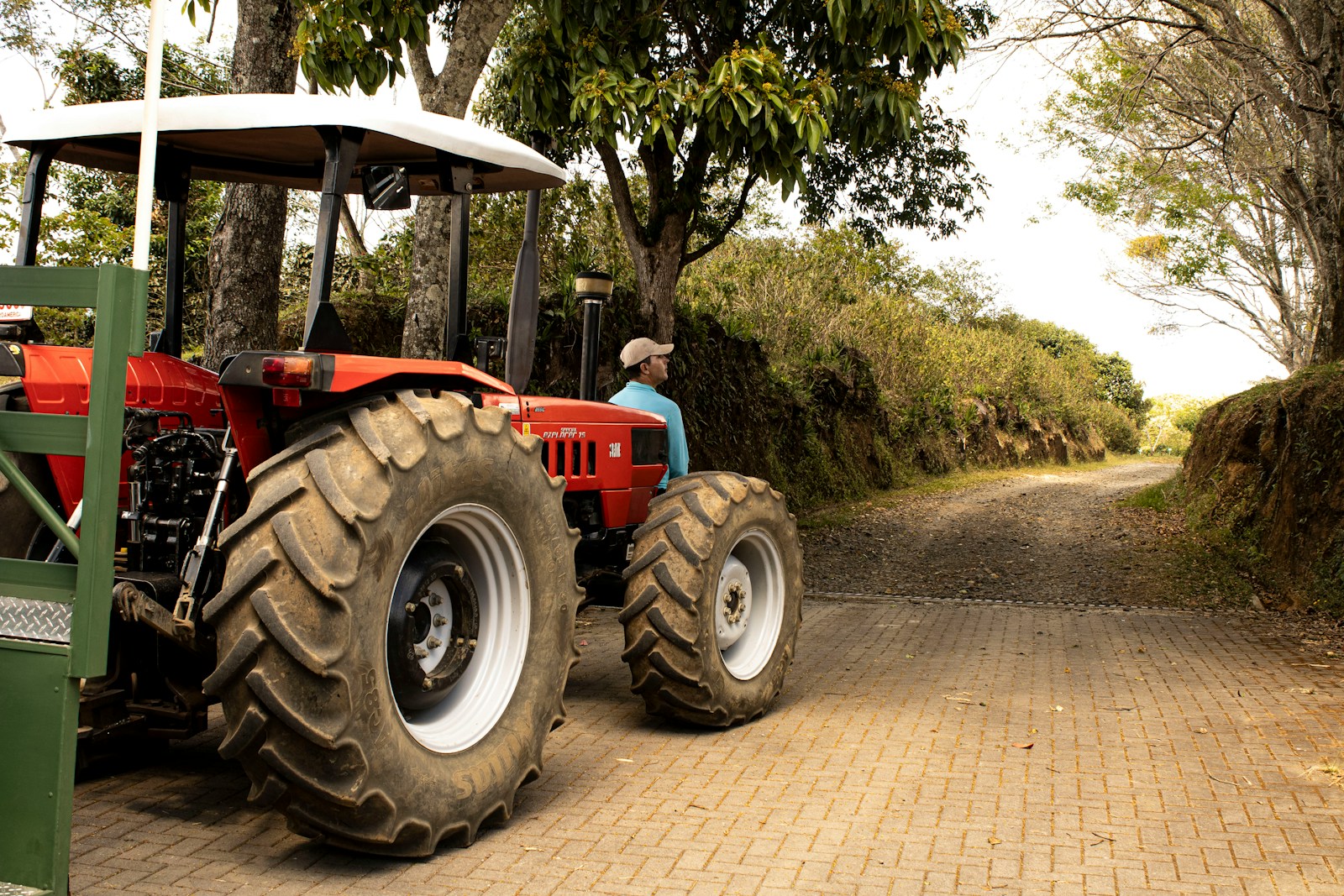In recent years, the conversation around sustainability has permeated various sectors, and coffee production is no exception. As one of the most widely consumed beverages globally, coffee presents challenges and opportunities for promoting sustainable practices. Understanding the journey from farm to cup is essential in fostering a more responsible coffee industry.
Sustainable coffee production begins at the farm level. This entails implementing agricultural practices that protect the environment, enhance biodiversity, and support farmers’ livelihoods. Shade-grown coffee, for instance, allows for the preservation of ecosystems by providing habitats for wildlife, while organic farming practices reduce the reliance on synthetic fertilizers and pesticides.
Moreover, ethical sourcing plays a critical role in sustainability. Certifications such as Fair Trade and Rainforest Alliance empower consumers to make informed choices by ensuring that coffee is produced in fair working and environmentally friendly conditions. These certifications help link consumers and farmers directly, promoting transparency and accountability within the supply chain.
Beyond the farm, coffee’s processing and transportation also impact its sustainability. Minimizing waste during processing, utilizing renewable energy sources, and reducing carbon footprints in logistics are vital steps. Companies that invest in sustainable practices throughout the supply chain can distinguish themselves in a competitive market.
Finally, the consumption phase offers an opportunity to promote sustainability. Encouraging consumers to choose sustainably sourced coffee and adopt eco-friendly brewing methods—such as reusable filters—can significantly reduce the environmental impact associated with coffee consumption.
In conclusion, coffee sustainability is a comprehensive endeavor encompassing farming, sourcing, processing, and consumption. By fostering responsible practices at each stage of the journey from farm to cup, stakeholders can contribute to a more sustainable coffee industry, ensuring that future generations continue to enjoy this beloved beverage.
